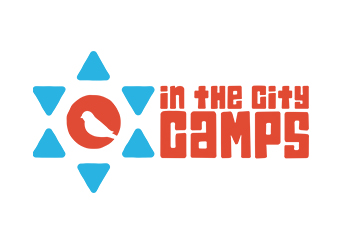Written in Partnership with In the City Camps
One of the biggest factors in maintaining good physical and mental health is avoiding drug abuse. This is especially important for tweens and teens, whose brains are still developing. While any young person could give in to social pressure and start experimenting with drugs or alcohol, the Mayo Clinic has outlined some risk factors.
Tweens and teens with mental illnesses such as attention-deficit hyperactivity disorder (ADHD), anxiety or depression are more likely to make an impulsive decision to try drugs or alcohol.
Likewise, young people with a history of traumatic incidents such as car accidents or physical, sexual, emotional, verbal or religious abuse are at a heightened risk for substance abuse.
If a family member has struggled with drugs or alcohol, their relatives are more likely to fight that battle themselves. In this case, there is a biological predisposition for a tween or teen to experiment with substances. Also, young people tend to imitate the adults around them.
Feeling socially isolated or having low self-esteem can cause a tween or teen to cover up their feelings of inadequacy or gain acceptance by using drugs or alcohol.
There are many downsides to young people experimenting with substances, including:
Drug addiction or alcoholism: The younger someone is when they start using alcohol or drugs, the more likely they are to become dependent. Ultimately, drug addiction and alcoholism can kill people at any age.
Unsafe sex: Substances decrease inhibitions, making it more likely that a young person will have sex before they are ready. Unplanned pregnancies and sexually transmitted diseases (STDs) happen from unsafe sex.
Mental illnesses: Drugs and alcohol can create or worsen symptoms of ADHD, anxiety or depression. Also, substances do not mix with many mental health medications.
Poor academic performance: People who abuse drugs or alcohol tend to do worse in school. This can affect a young person’s college and career prospects.
What are some warning signs that a tween or teen is using drugs or alcohol? Fast and major changes in:
- Eating habits,
- Sleeping patterns,
- Friends,
- Grades,
- Interests,
- Physical appearance or
- Behavior.
– Mysterious containers and pill bottles when there is no illness involved.
– A general lack of interest in life.
– Breaking rules.
– Avoiding family members and old friends.
If you think your tween or teen is using drugs or alcohol, quick action is critical. Judgment, punishments and screaming won’t stop the situation. Instead, call your child’s doctor, rabbi or a trusted teacher for referrals to treatment. Leaving home for inpatient rehab is not always necessary, but quick action is.
You may also call the SAMSHA National Helpline at 800-662-4357.

The Blue Dove Foundation recently partnered with In the City Camps, to talk about important issues related to raising mentally healthy children and fostering mental wellness within our children. We hope you find them as helpful and impactful as we do.

